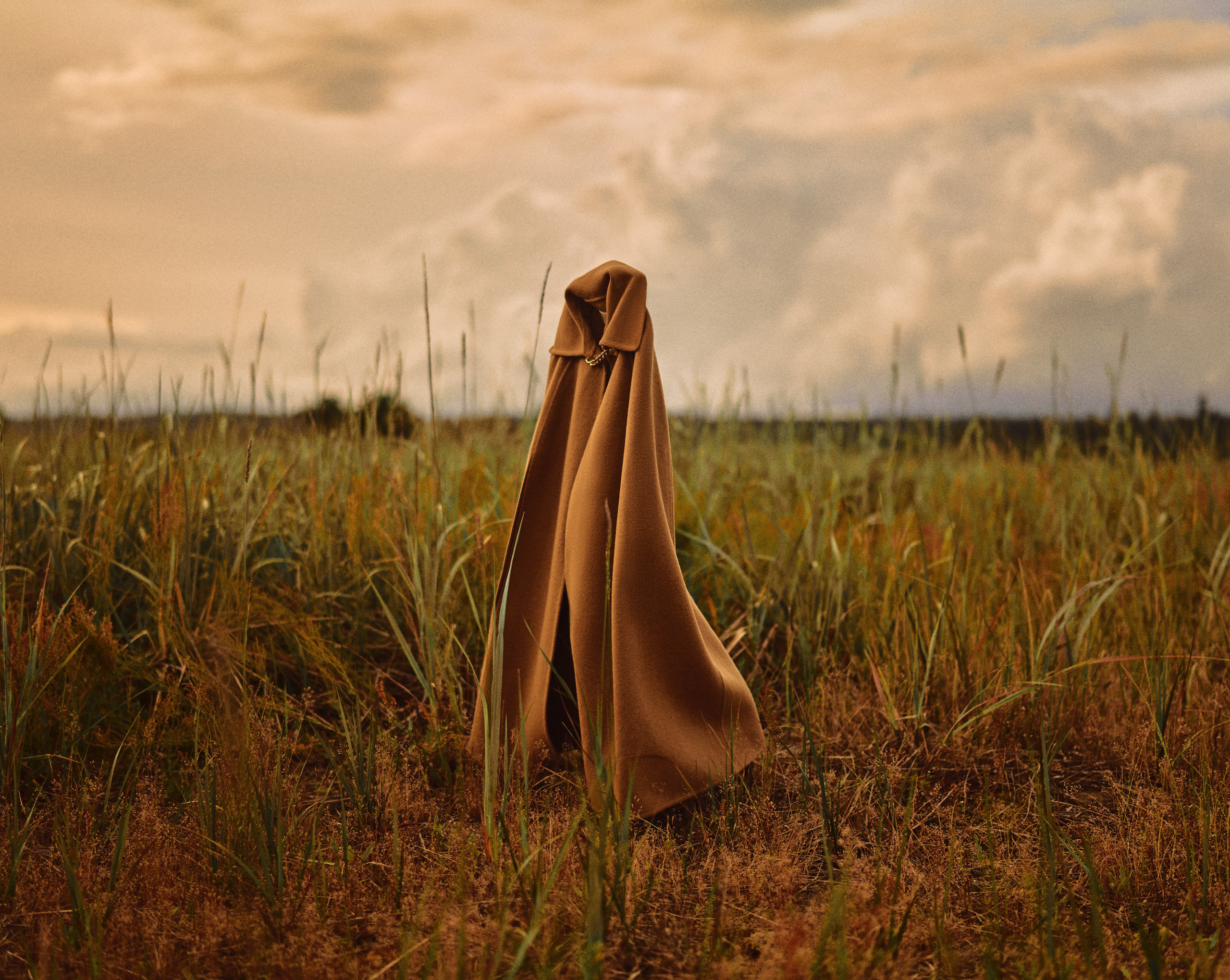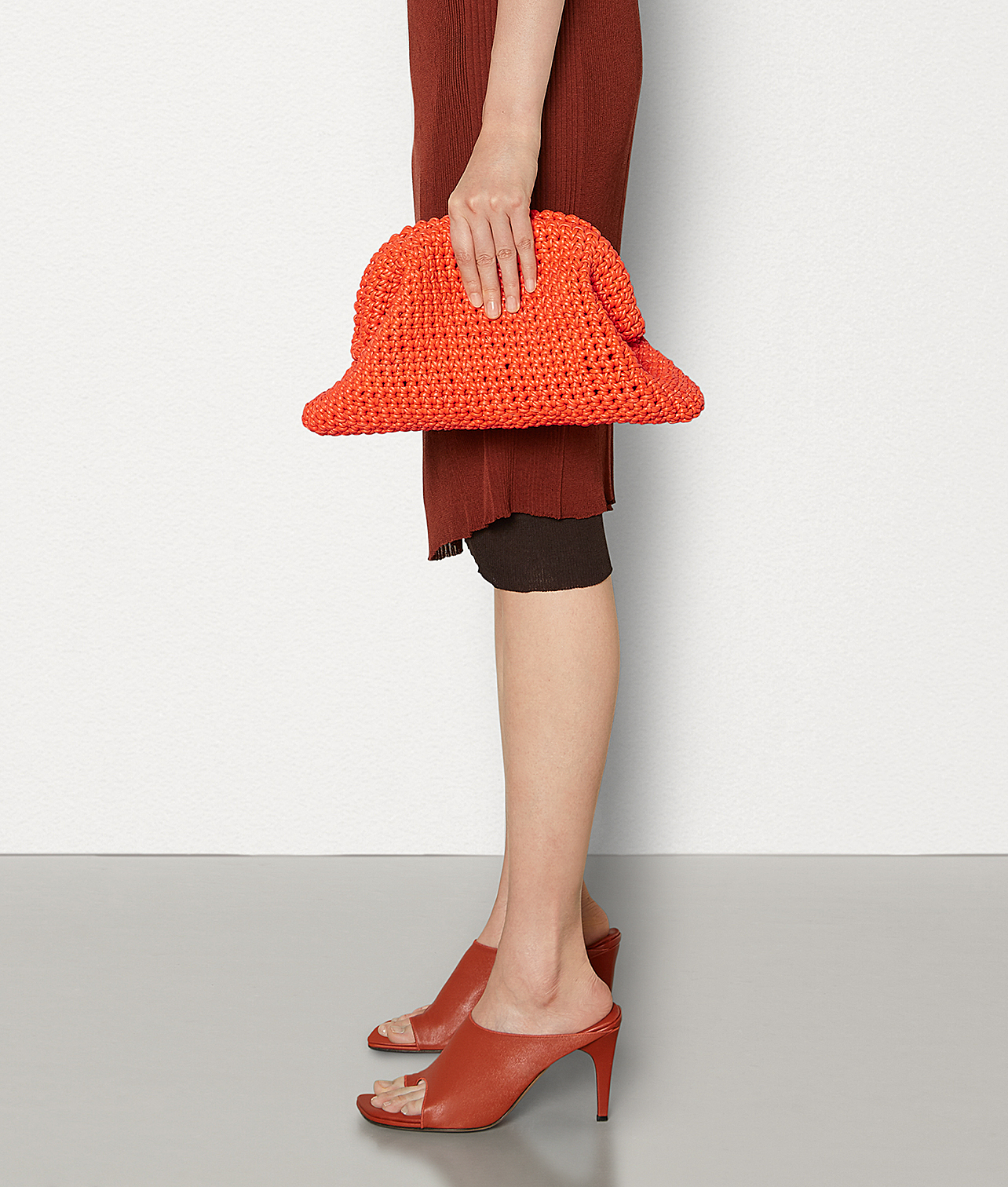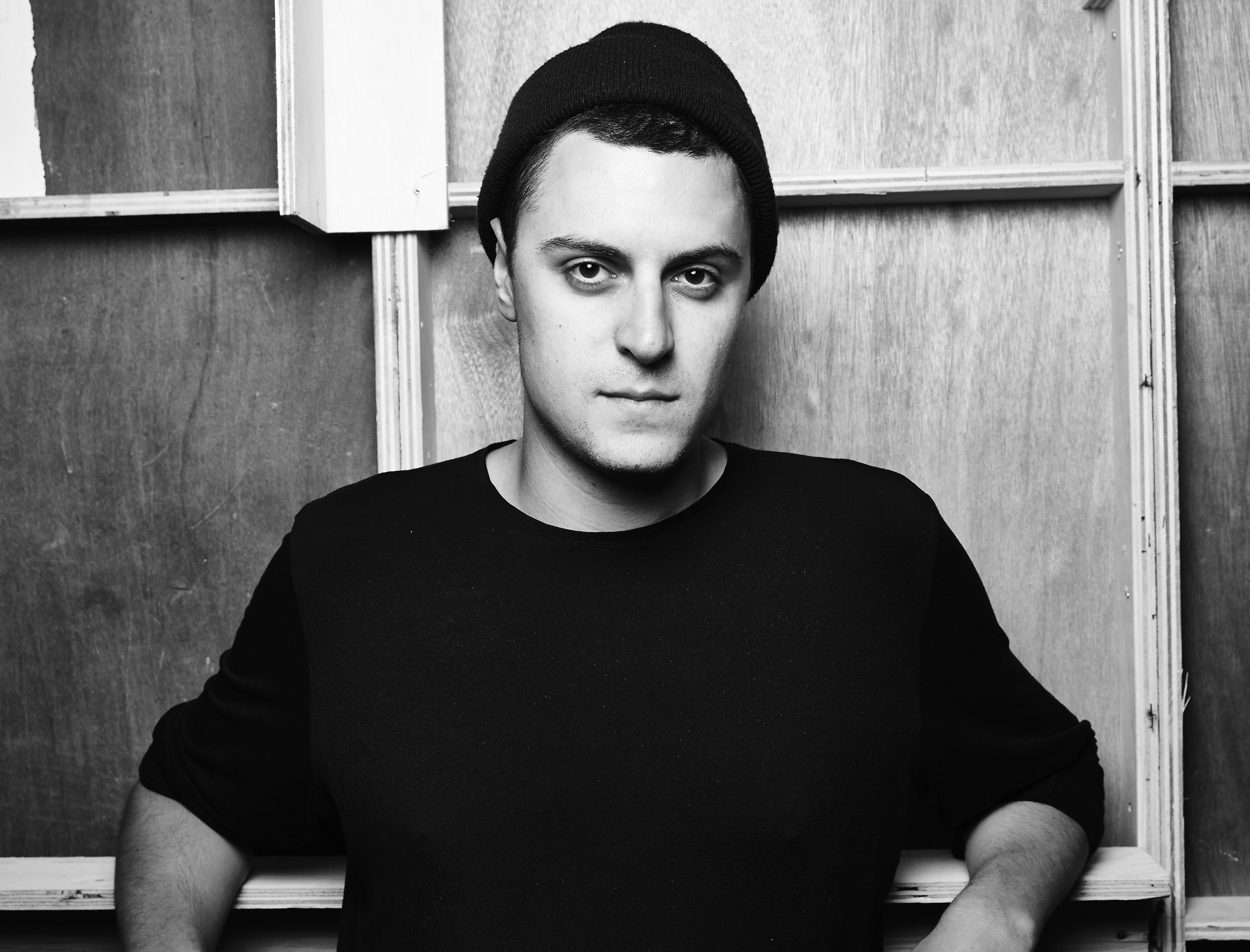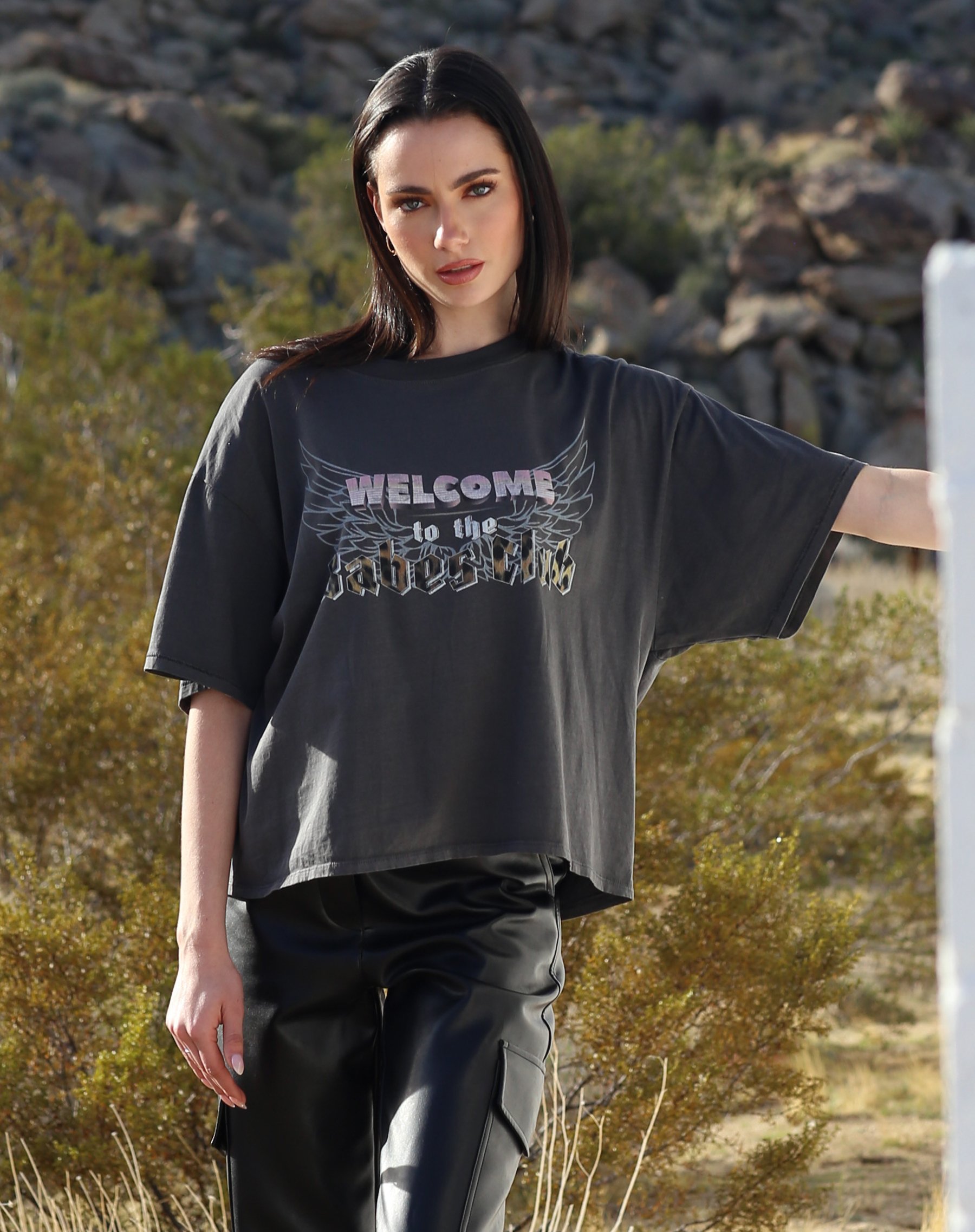Meet Maiwa’s Charllotte Kwon: Canada’s Pioneering Force for Ethical Fashion
Slow clothes.
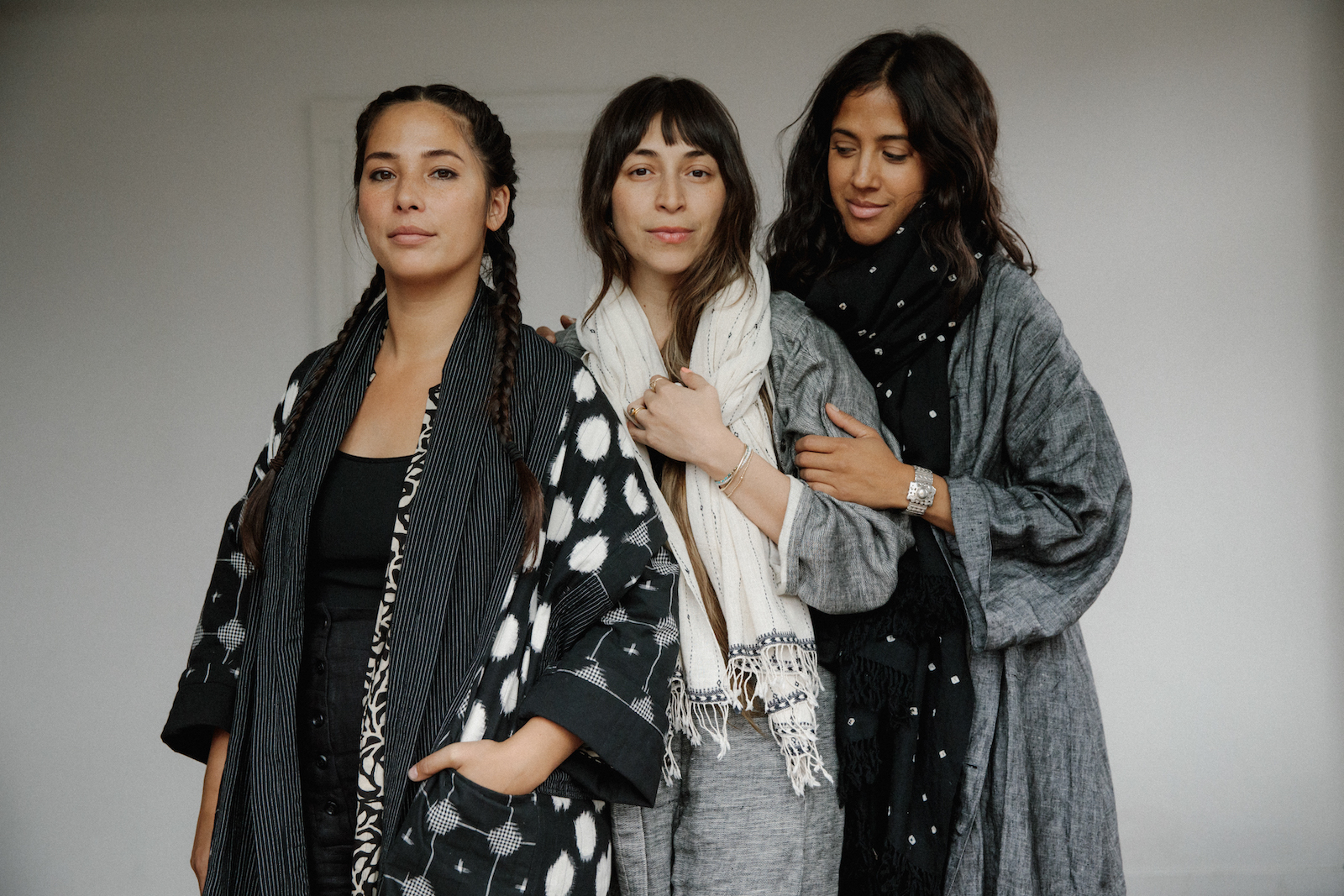
Decades before eco-fashion hit the mainstream, artist Charllotte Kwon lived and breathed the ethos of sustainability. In the early eighties, Kwon developed septicemia from her work as a Heidelberg printmaker, which exposed her to high concentrations of toxic inks and solvents. Though she recovered after a series of blood transfusions, she was unable to resume her work as a printer—but a passion for vibrant colour and intrepid travel led her to unearth the magic of natural dyes, a discovery that would completely reshape the future of her career.
Charllotte switched from printing to silk painting—a more environmentally-sound medium—and started travelling the world in search of different dyeing techniques. She met with several artisans in villages throughout China and India, collecting age-old natural dye recipes that had never been recorded on paper. She realized that despite being passed down through generations, oral tradition left these recipes at constant risk of disappearing into the past.
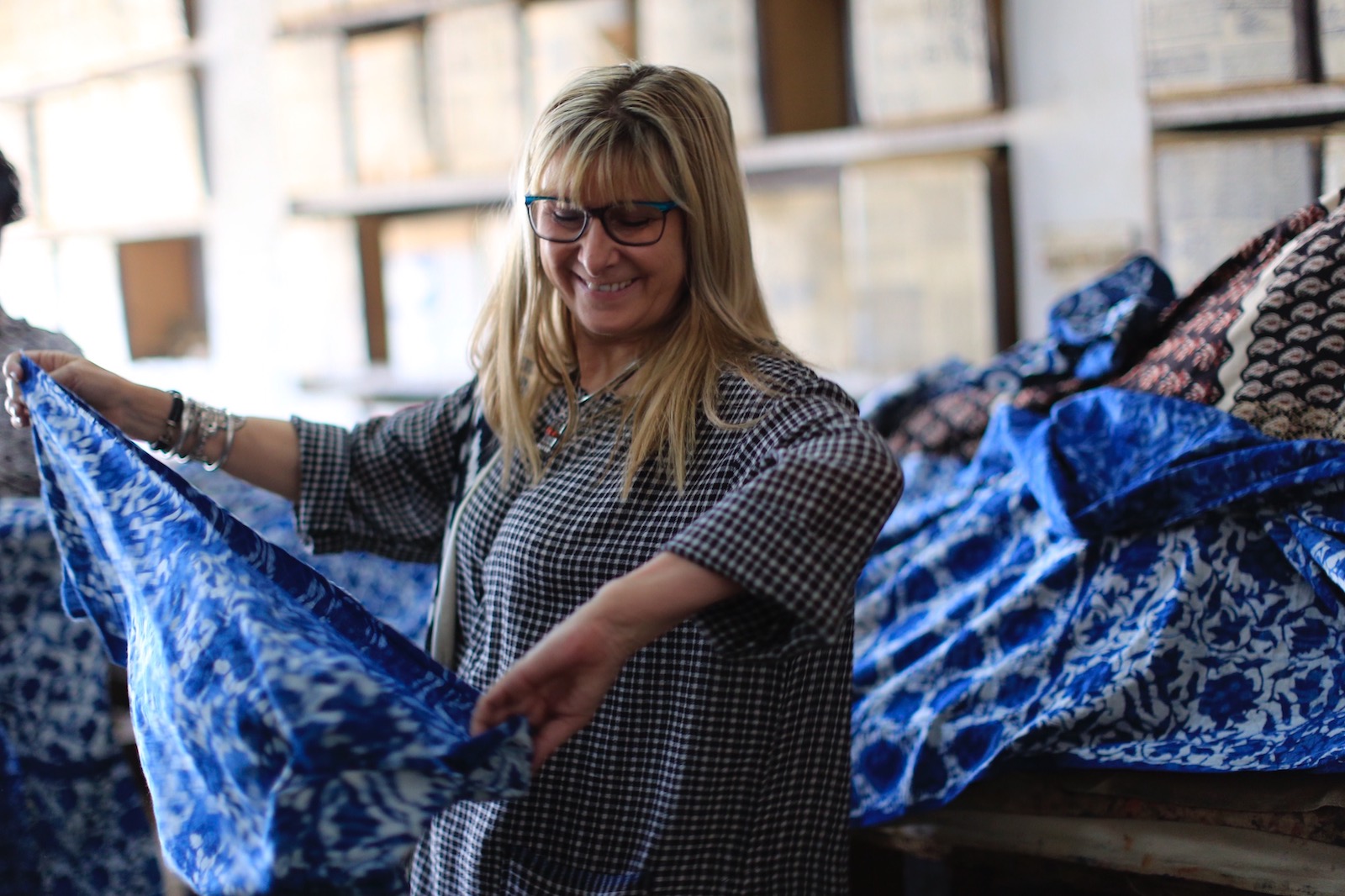
Charllotte Kwon.
“In 1986, [Charllotte] started Maiwa as her own line of locally made goods. But in the early nineties, she realized that her calling was to find a platform to support this incredible craft that was so intact, yet so fragile,” says Sophena Kwon, Charllotte’s daughter and head of the Maiwa clothing line. “She knew these traditions needed an amplifier and a good marketplace that would pay fairly and support the highest quality.”
Charllotte’s original vision has evolved into a multi-tiered entity rooted in this spirit of cross-cultural collaboration. Maiwa Handprints, her Vancouver-based store specializing in naturally dyed textiles, boasts a fantastic array of garments borne from many diverse techniques, like handweaving and block printing. The Kwons source their fabrics directly from their artisan partners, then design the clothing themselves. They call their apparel slow clothes: handmade pieces that can sometimes take years to complete.
“We work with cloth on a village scale—it’s not done in a factory,” says Sophena, who travels annually to India to meet with partners, place orders, and plan for the next year’s collection. “Some things just won’t arrive on time—the monsoon may be late, or weaving may happen six months later than expected, but we work on a human scale and can always adapt.”
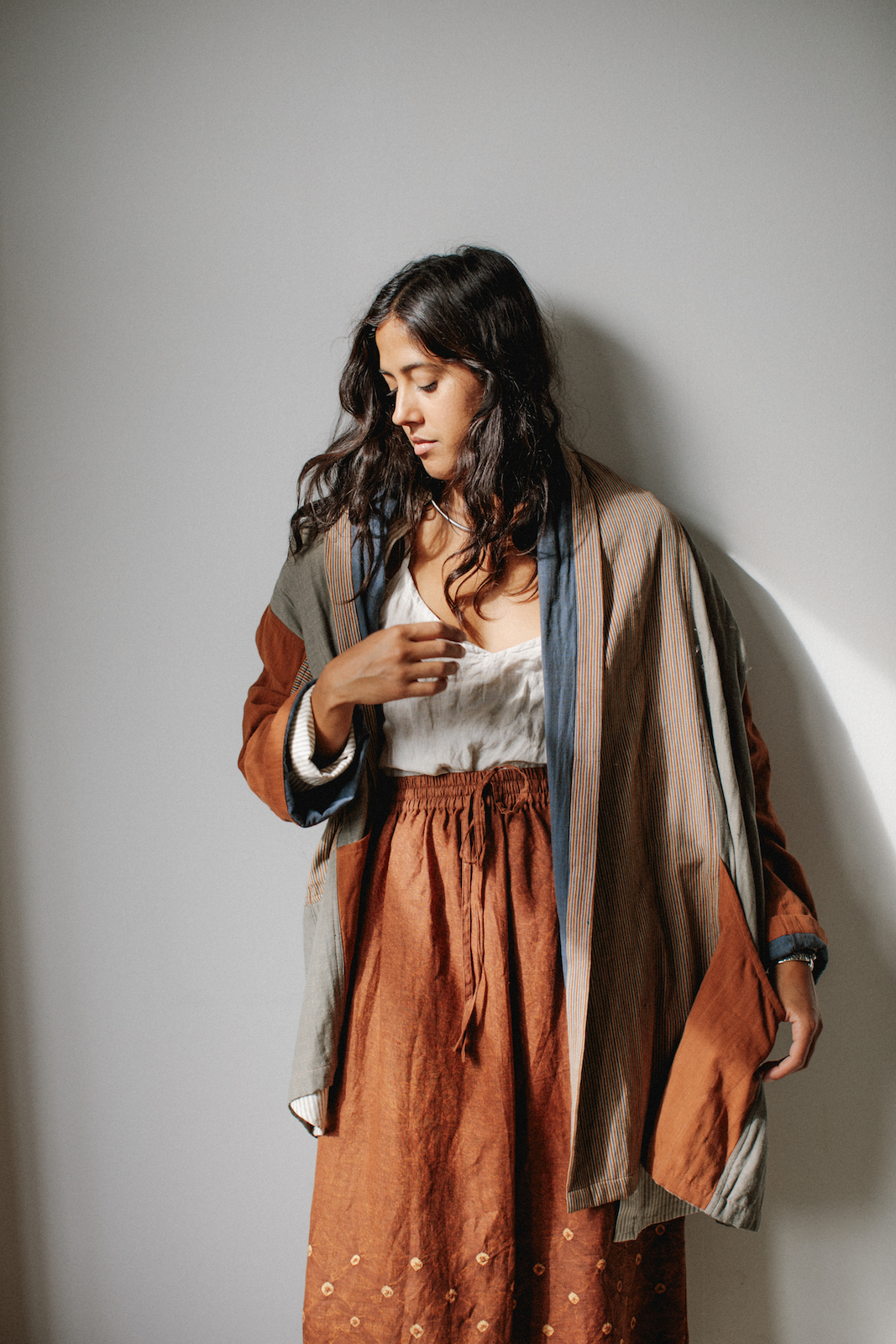
Maiwa’s philanthropic branch, the Maiwa Foundation, aids artisans whose livelihoods are impacted by anything from a natural disaster to a broken loom. The foundation provides financial support in certain cases, but Charllotte and her team also work with artisans to find lasting solutions for potential interruptions to their work. “Sometimes the answer is just a bicycle to get to market,” says Sophena.
Maiwa’s web of support expands far beyond the 5,000 Indian artisans they work with—the Kwons build community in Vancouver through Maiwa Supply, a textile arts store that offers a striking range of fine craft materials. They educate aspiring artisans at the Maiwa School of Textiles, always abuzz with workshops, lectures, and events. And they bring curious creators to India every year on a three-week textile tour, uniting the Maiwa communities from either side of the planet.
“Maiwa is definitely a tree with many branches,” laughs Sophena. “But every branch helps to ensure that these techniques—these people—have a voice and a platform, and that these amazing skills stay intact for future generations.”
That’s the core of Maiwa’s mission: to preserve beautiful traditions, empower artisans to hone their timeless craft, and share exceptional fabrics with the world.
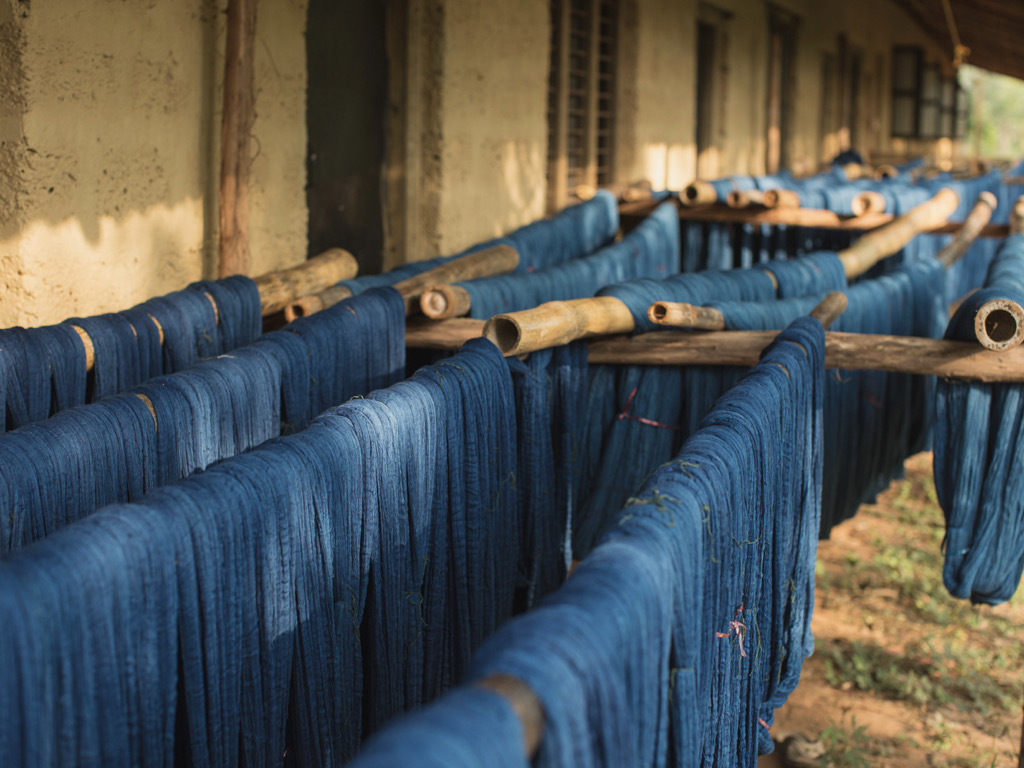
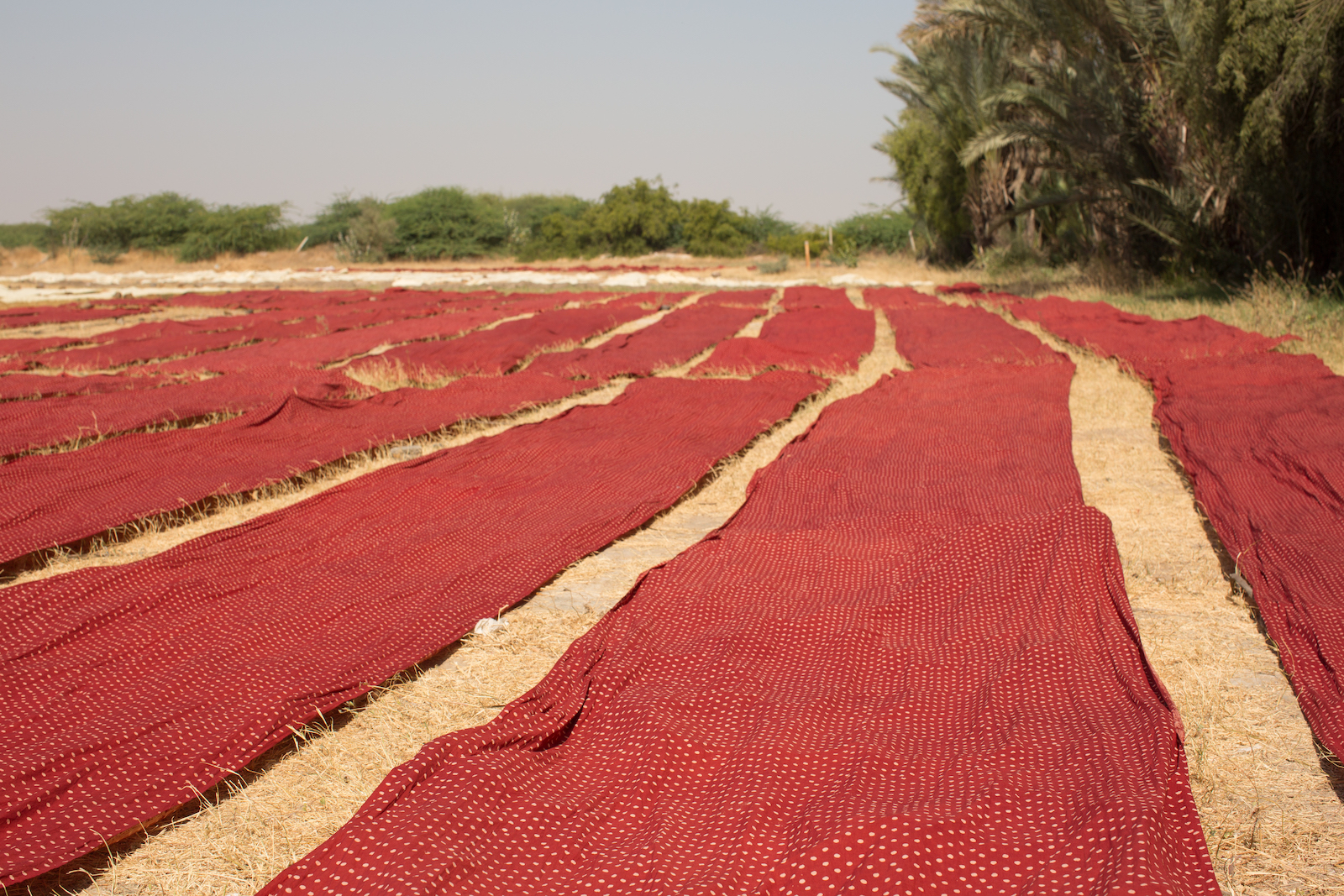
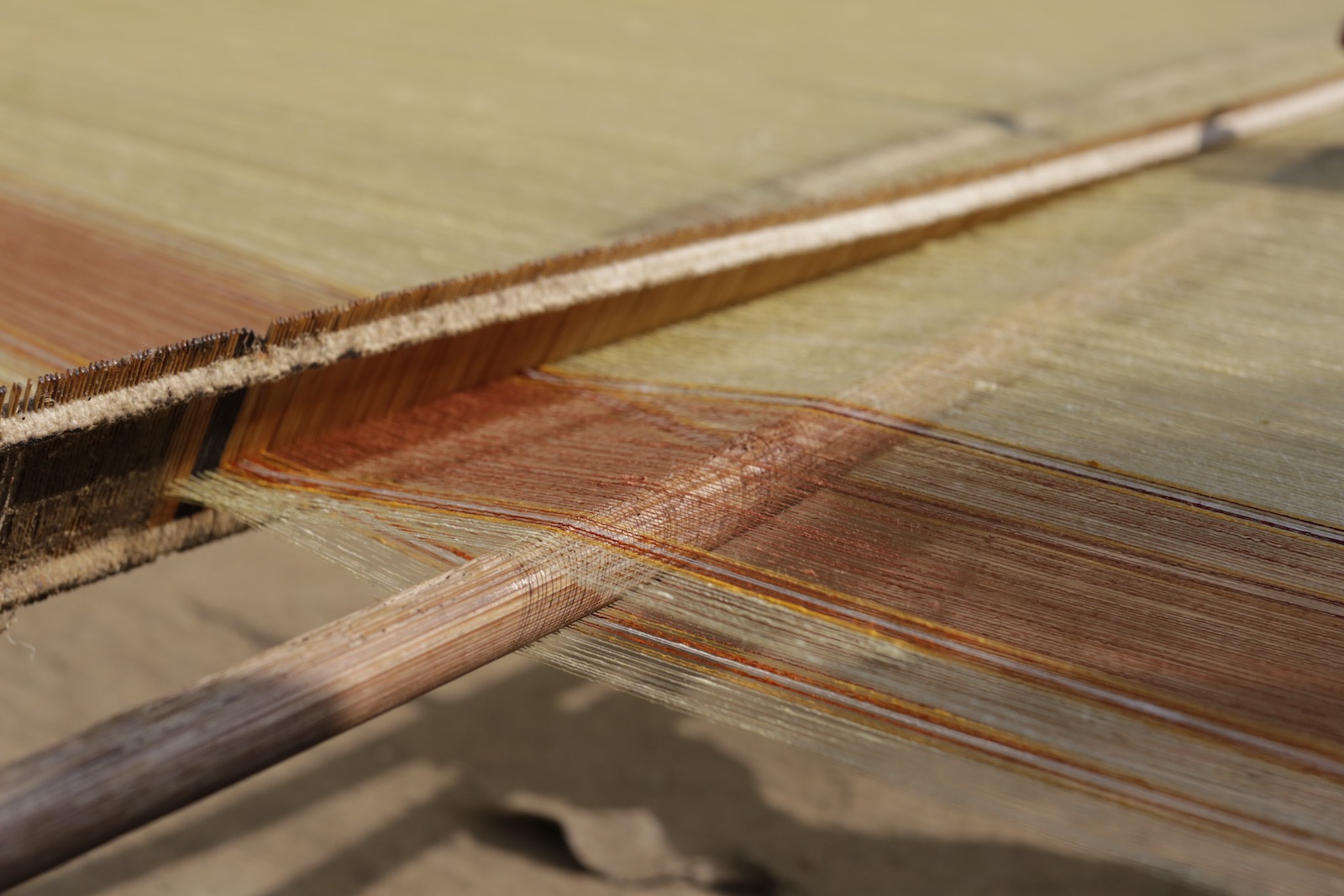
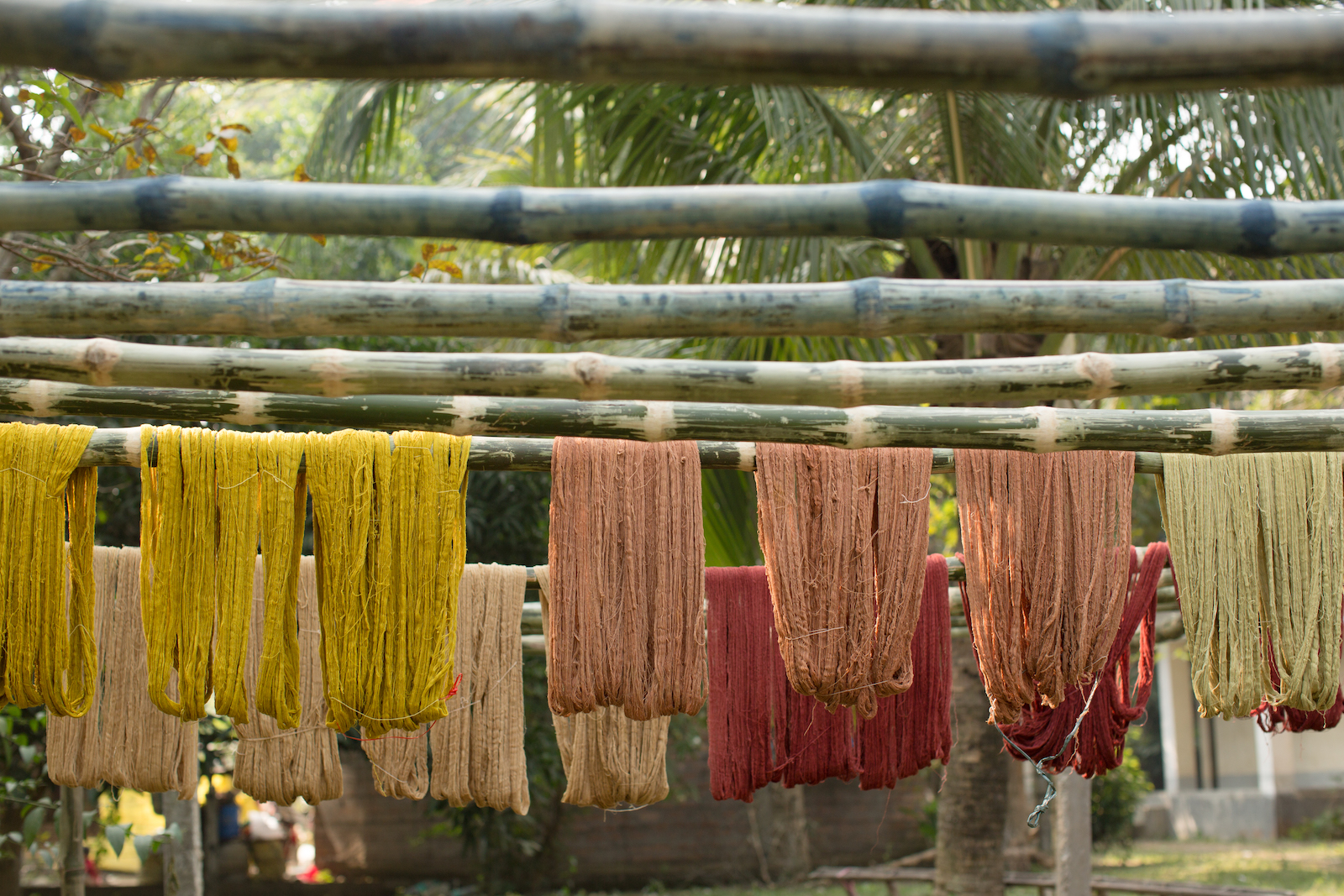
________
Never miss a story. Sign up for NUVO’s weekly newsletter here.





